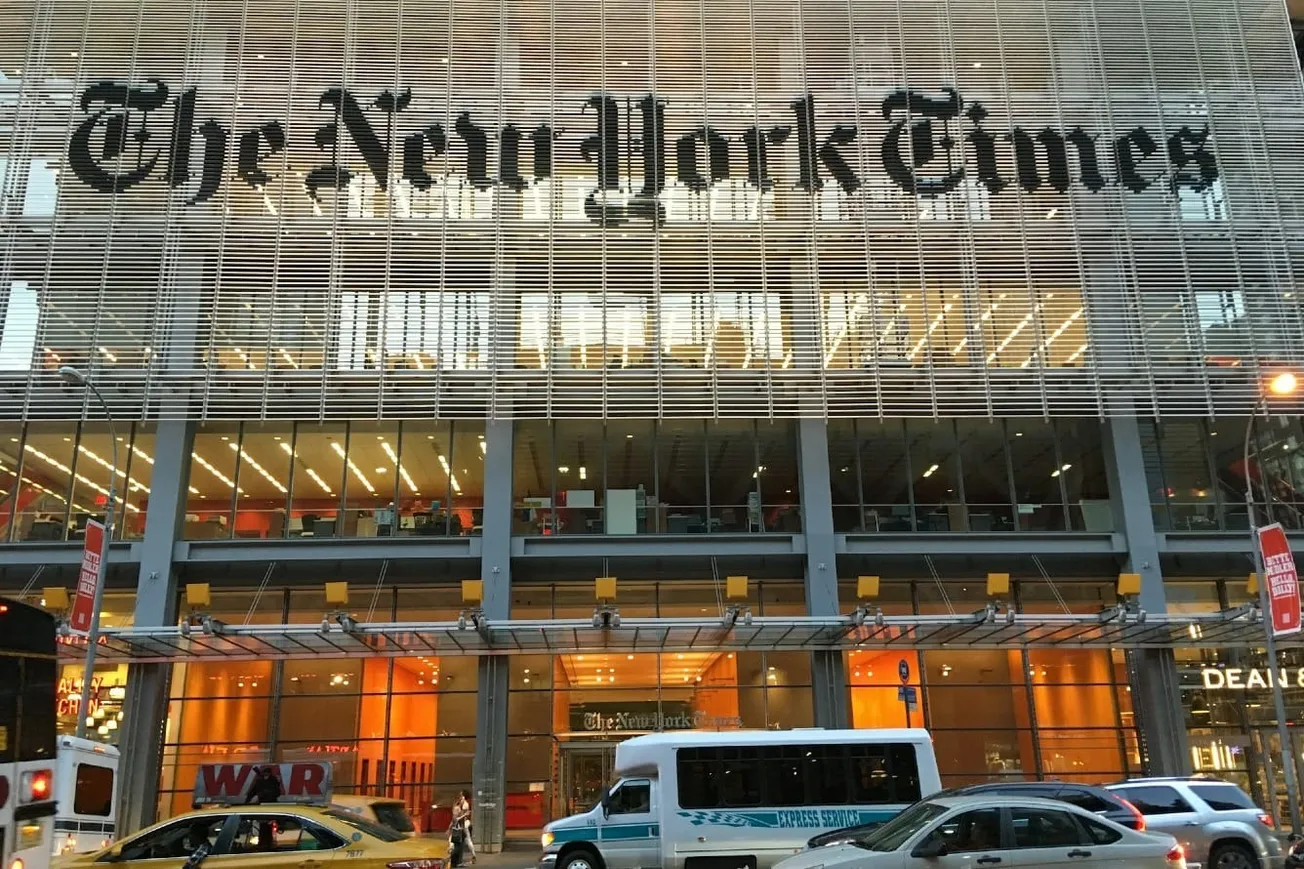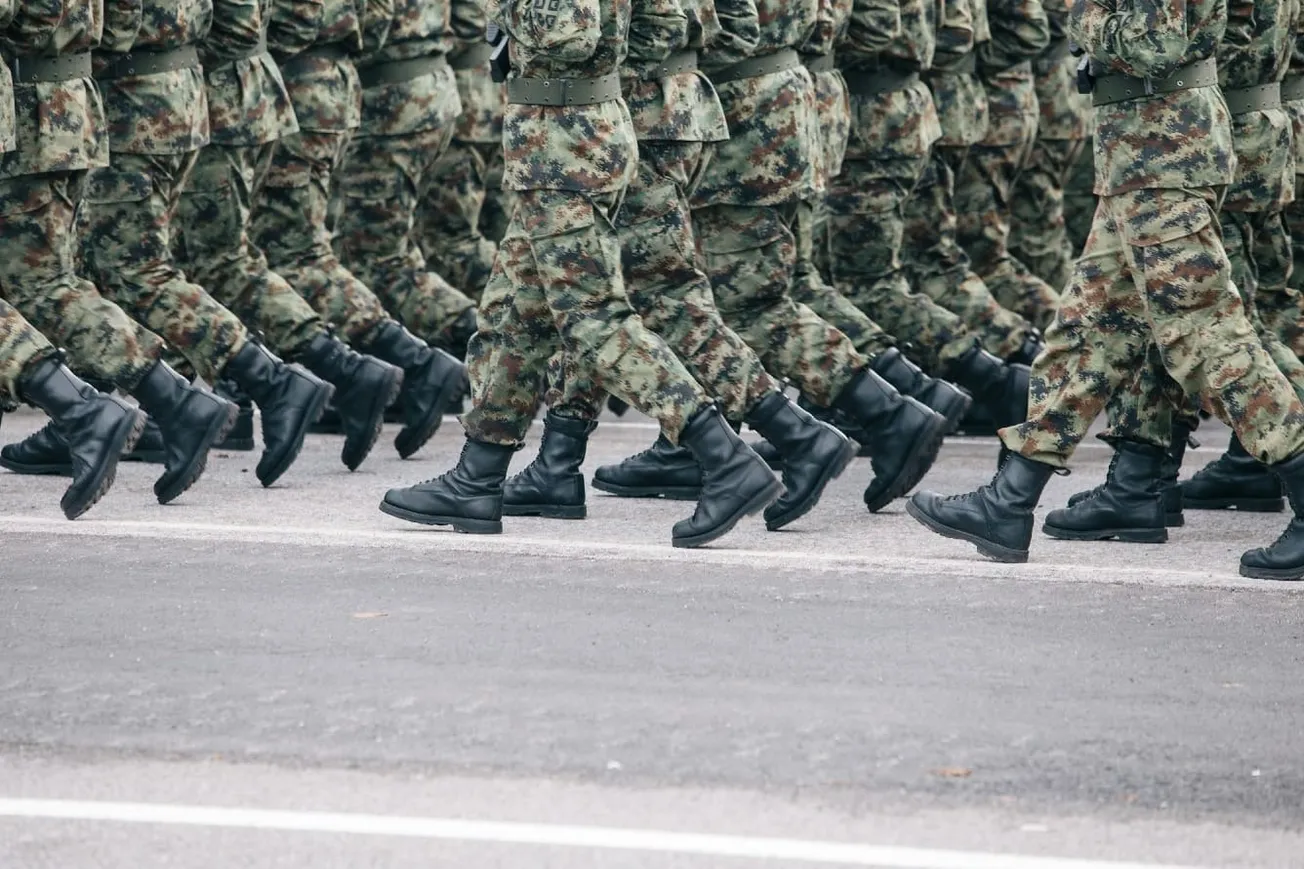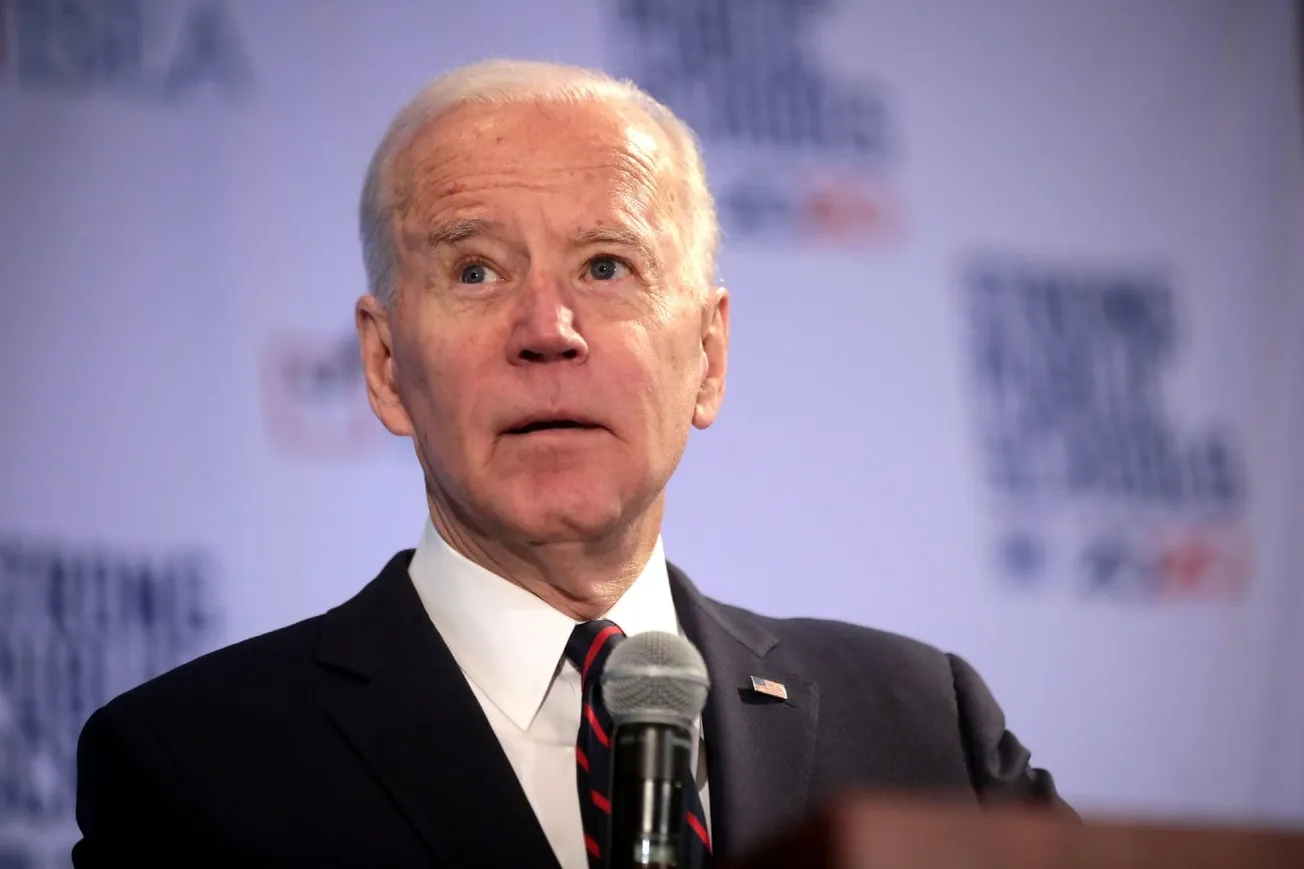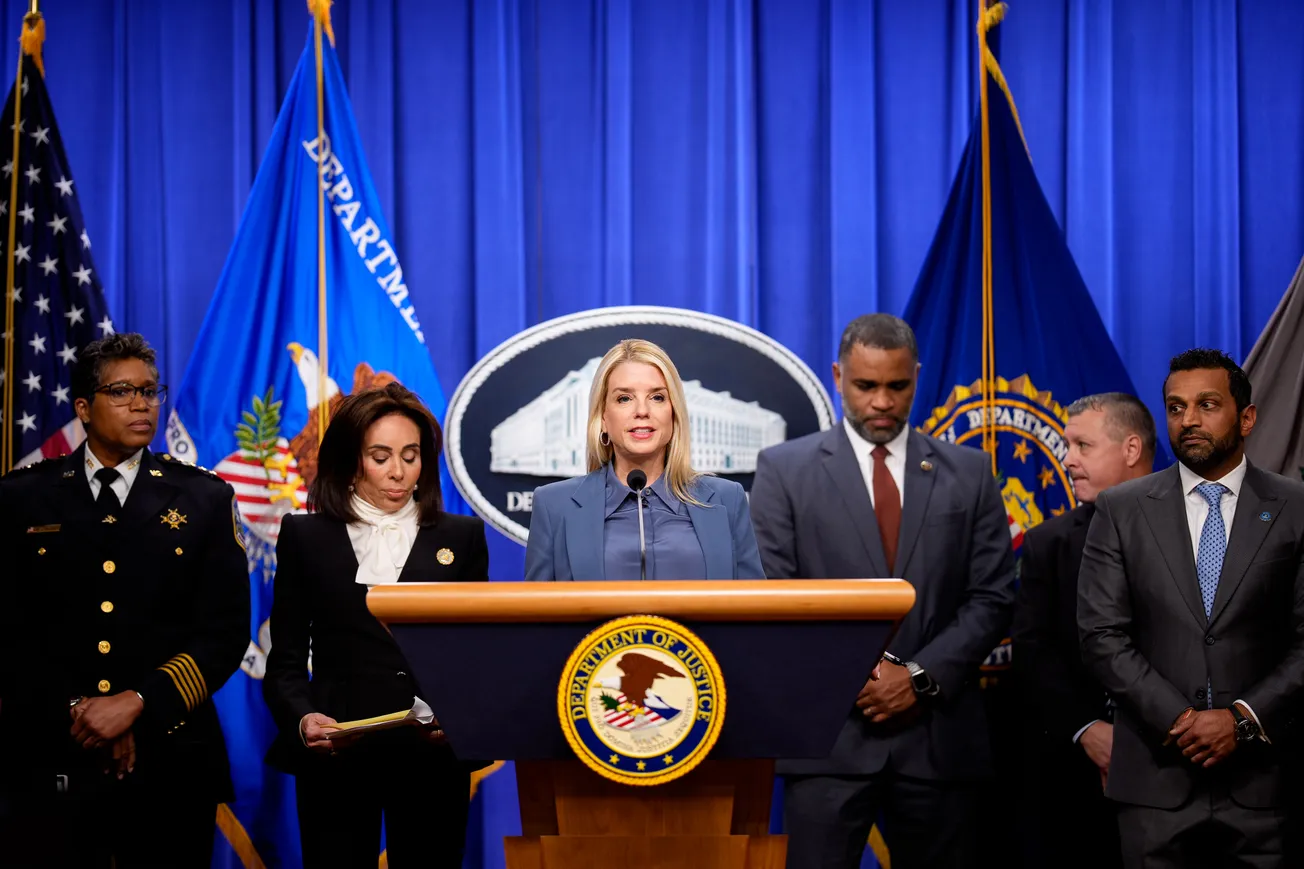On Saturday, page 1 of the New York Times carried the headline: Under the Chandelier at Mar-a-Lago, Trump Makes Picks at Breakneck Speed; President-elect Donald J. Trump is more contemptuous than ever of Washington expertise and determined to hire people based on loyalty.
The story, by veteran Times reporters Jonathan Swan and Maggie Haberman, complained that the president-elect is "picking people he considers true loyalists, with little regard for whether they can pass Senate confirmation."
The charge was unbecoming for seasoned reporters who have covered the White House under both parties. Both should know that loyalty in senior presidential appointments is far more critical than competence once a certain baseline level of competence is met.
Presidential appointments are different from traditional employment in government and industry because they require the Senate's advice and consent. Historically, the Senate has shown extraordinary deference to presidents in their choices. Only a handful of nominees have withdrawn or been outright rejected by the Senate over the years. Even in these instances, these nomination failures can be traced to the nominees' past statements, scandals, ethical lapses, or actions seen as unwise in Washington. Competence or qualifications, in general, are not material in Senate deliberations under the doctrine that Presidents are entitled to have advisers that they like.
During the last 35 years, there have been only three prominent cases when the United States Senate scuttled cabinet nominations. The most notable example was John Tower in 1989, nominated by President George H.W. Bush to be his Secretary of Defense. Tower was considered too embedded in the nation's Military Industry Complex at a time when the Iran Contra scandal was fresh in senators' minds. There were also allegations that he was an alcoholic and didn't have a clean ethical slate. The Senate voted him down 47-53. It was the first time a Cabinet nominee had been rejected outright since 1959.
In 2017, Andrew Puzder, President Trump's Labor Secretary pick, withdrew his nomination amid Senate Republican reservations over personal and professional controversies.
In 2021, Neera Tanden, nominated by President Biden to head the Office of Management and Budget, withdrew after bipartisan opposition arose due to her prior social media posts. Tanden had run the Center for American Progress, a liberal think tank, during Trump's first term and had been involved in deeply partisan criticisms of Republicans. She had referred to Senate Minority Leader Mitch McConnell as "Moscow Mitch," called Senator Susan Collins "the worst," and made sharp comments about other legislators, including Senator Bernie Sanders. Tanden's constant commentary on social media platforms and television had raised concerns about her ability to work collaboratively with Congress in a nonpartisan role at the OMB.
It is not that Trump is unique in valuing loyalty. All presidents want a faithful staff around them. When George W. Bush named Dick Cheney to be his running mate, Cheney's loyal service to Bush 41 during the first Gulf War played a critical role in his selection. When the 2000 election ended on the steps of the United States Supreme Court, Bush turned to a long-time confidant of the Bush family, James Baker, who had served as Bush 41's Secretary of State and returned to run his campaign when Bush 41 was falling behind Bill Clinton in the 1992 campaign. Loyalty matters.
When Barack Obama ran for the Senate in 2004, he had been close friends with Valerie Jarrett since 1991, when Obama first became a Chicago-area community organizer. Jarrett stayed with Obama in a West Wing office during both of Obama's presidential terms. When Obama decided to stay back in Washington after Hillary Clinton lost in 2016, an unprecedented decision, Jarrett stayed back with Obama.
David Axelrod, Obama's strategist during all three political runs starting in 2004, had known Obama since 1992.
An extreme example of loyalty has been playing out during the Biden presidency. Biden was so loyal to his appointed officials that he kept nearly all of them in their roles during his entire term. This devotion to loyalty severely underserved America, a point that both Times reporters conveniently omitted.
Americans experienced first-hand the profound cost of this loyalty. The incompetence of the Biden officials across every cabinet agency - Defense, State, Treasury, Homeland Security, Transportation, Commerce - translated into one of the worst administrations in recent memory. Inflation and interest rates peaked to near 50-year highs. Illegal immigration completely transformed America as cities and localities struggled to assimilate more than 18 million undocumented arrivals, with more than half a million with known criminal backgrounds.
America became needlessly involved in the Ukraine war. Washington spent $174 billion with not much to show except the loss of Ukrainian territory, death, destruction, and the most significant refugee crisis since World War II. In the Middle East, the diplomatic efforts led by Blinken and Sullivan have thus far failed at every turn as the war escalates to Lebanon, the Houthi rebels, and Iran - even as more than 100 hostages from October 7 remain in captivity. Yet Biden failed to reshuffle his cabinet or fire his appointees because of loyalty.
Biden's officials repaid this trust by rarely challenging him or leaking anything negative about him—his cognitive lapses, gibberish public statements, or awkward body language. By masking the emperor's intellectual and physical decline and willingly engaging in propaganda that he was fit to run for a second term, Biden officials actively contributed to a conspiracy against the American people. Chief among them was Vice President Kamala Harris, who could never convincingly answer when she knew and what she knew about Biden's decline. When Biden failed to perform well in the June 27 Atlanta debate, these officials threw their weight behind the Harris candidacy in the most undemocratic bait-and-switch operation in American history. Harris, who had never won a single delegate on her own during her 2019 presidential nomination bid, acquired the support of the Democratic Party through an appointment. It is little wonder that she lost and handed Senate control to the GOP.
The point is loyalty is a crucial attribute that presidents from both parties deeply value. When there's too little of it, Americans are treated to the chaos of the first Trump administration. When there's too much of it, Americans suffer as they did during the Biden-Harris administration, reporting to pollsters that the country was down the wrong track for more than 38 consecutive months since the disastrous Afghan withdrawal. Presidents need a Goldilocks level of loyalty, something that's just right.
More objective reporting from the Times would have considered this view and complimented Trump for his determination to hire people based on loyalty. But objectively covering Trump is anathema to the legacy media - and we are glad to shine a light on the Times' hypocrisy.








